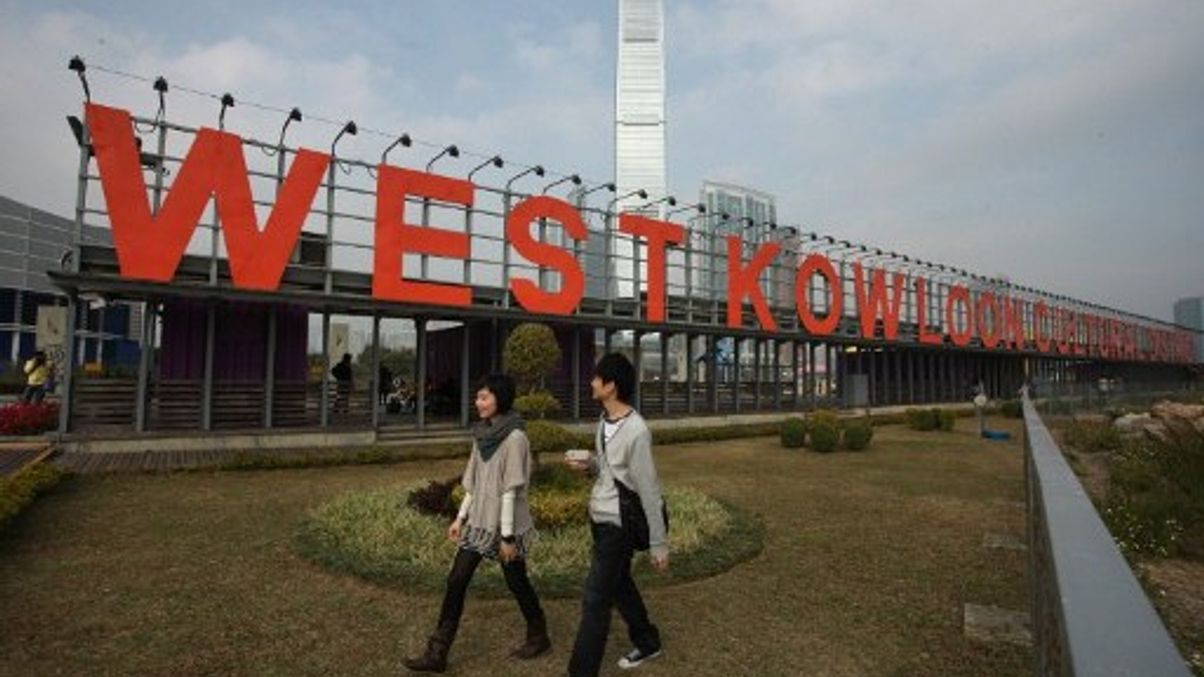“Prudence” fails Hong Kong art hub’s investments
The West Kowloon Cultural District Authority mismanages its $2.8 billion endowment by doing nothing.

The Hong Kong endowment fund for a cultural development project, the West Kowloon Cultural District Authority, has squandered its HK$26.1 billion ($2.8 billion) endowment because of excessive risk aversion.
Sign in to read on!
Registered users get 2 free articles in 30 days.
Subscribers have full unlimited access to AsianInvestor
Not signed up? New users get 2 free articles per month, plus a 7-day unlimited free trial.
¬ Haymarket Media Limited. All rights reserved.


